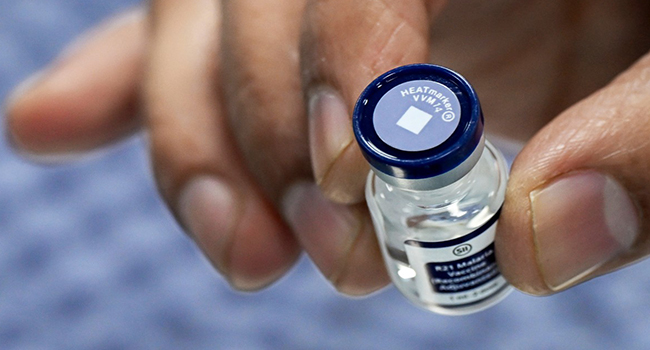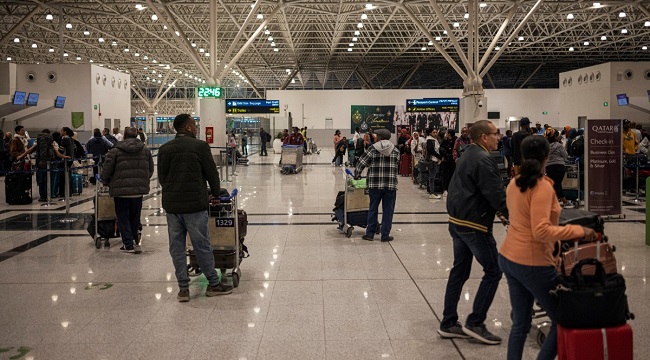A human rights lawyer and the former general scribe of the Committee for the Defence of Human Rights (CDHR), Malachy Ugwumadu has frown at the act exempting certain category of persons from the prohibition law on the use of tinted glass cars in Nigeria.
Mr Ugwumadu, who expressed his displeasure of the exemption act in an interview with Channels Television, said the President, Vice President, Governors, Senate President, Deputy Senate President, Speaker and others exempted from the prohibition of the use of tinted glass car do not face more security challenges than the ordinary Nigerians.
He said, “These are people who are heavily paid, I mean the same category of people who are exempted, who receive what we call security votes, usually unaccounted for, usually running into billions.
“I was here the other thing and I said Governor Rochas Okorocha, in all fairness to him, disclosed to this country that what his predecessor was receiving before he came on board was N6 billion and that when people wondered why he (Mr Okorocha) was able to revive free education in Imo State; it was that he dedicated Four out of the N6 billion to the educational assignment.”
The activist said this is an example that the ordinary Nigerian, who do not have access to such fund, are more exposed to security threats than those exempted from the prohibition of the use of tinted glass car.
Mr Ugwumadu said exempting some people from certain law is discriminationary and violate section 42 of the Nigerian constitution which holds that ‘A citizen of Nigeria of a particular community, ethnic group, place of origin, sex, religion or political opinion shall not, by reason only that he is such a person:
(a) be subjected either expressly by, or in the practical application of, any law in force in Nigeria or any executive or administrative action of the government, to disabilities or restrictions to which citizens of Nigeria of other communities, ethnic groups, places of origin, sex, religions or political opinions are not made subject; or
(b) be accorded either expressly by, or in the practical application of, any law in force in Nigeria or any such executive or administrative action, any privilege or advantage that is not accorded to citizens of Nigeria of other communities, ethnic groups, places of origin, sex, religions or political opinions.





